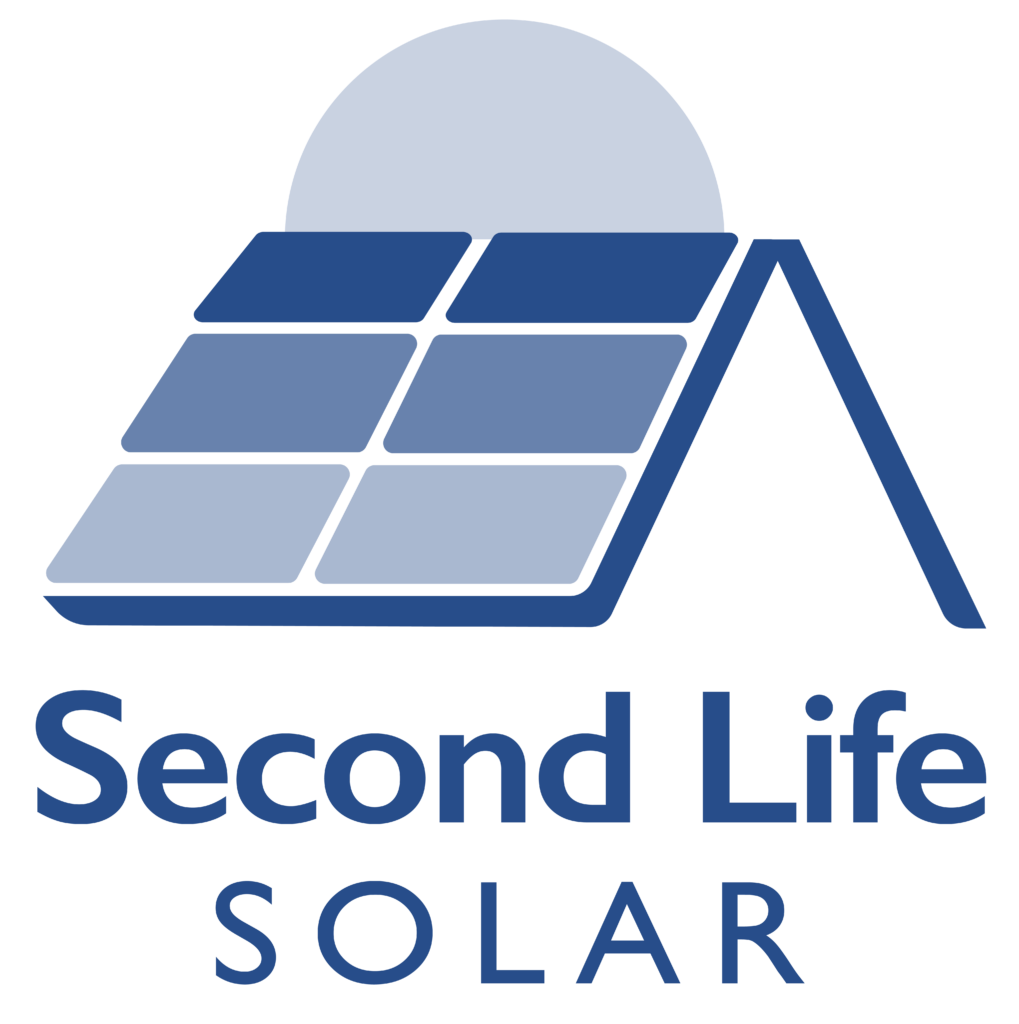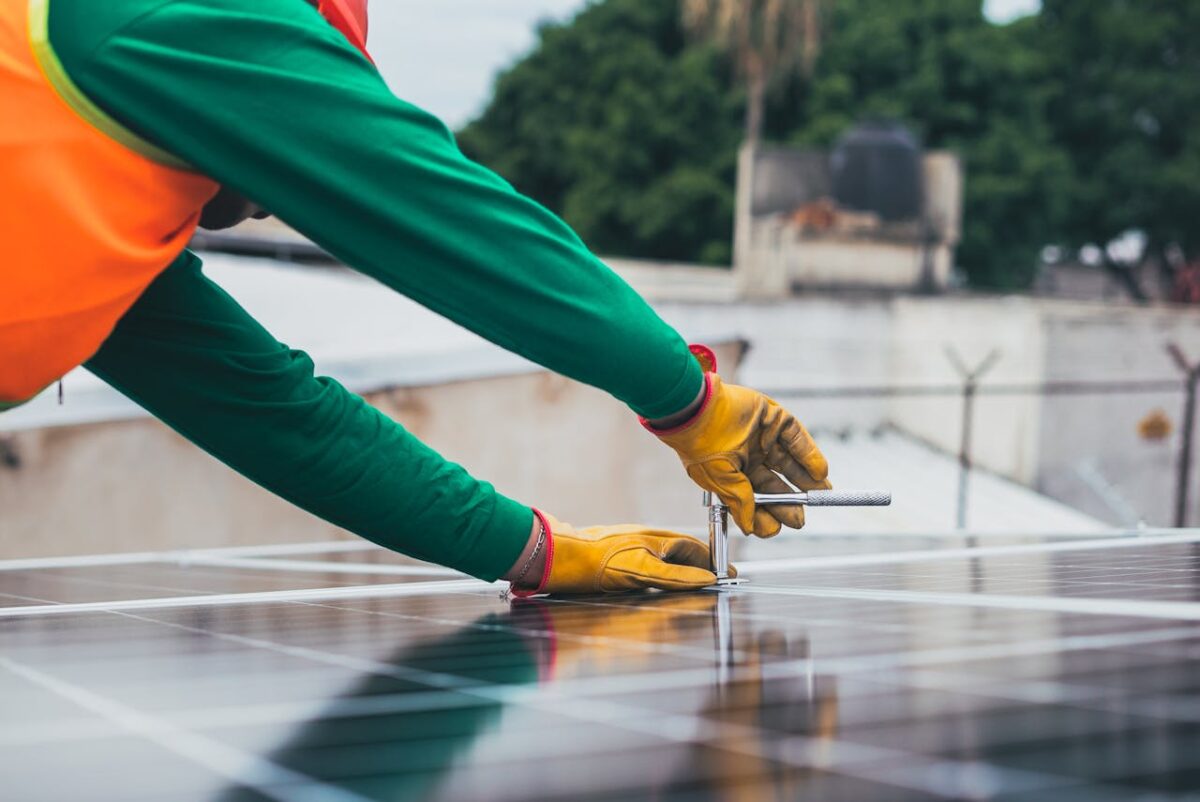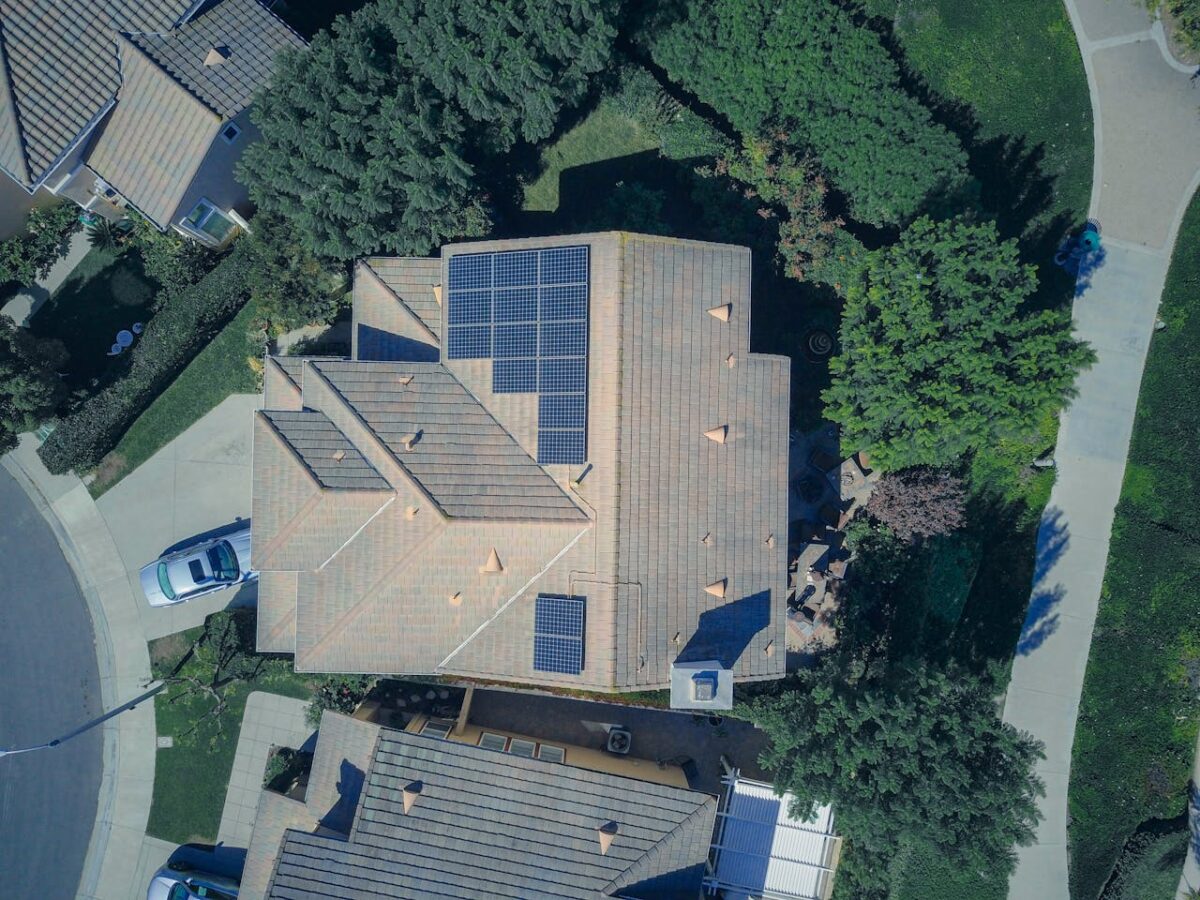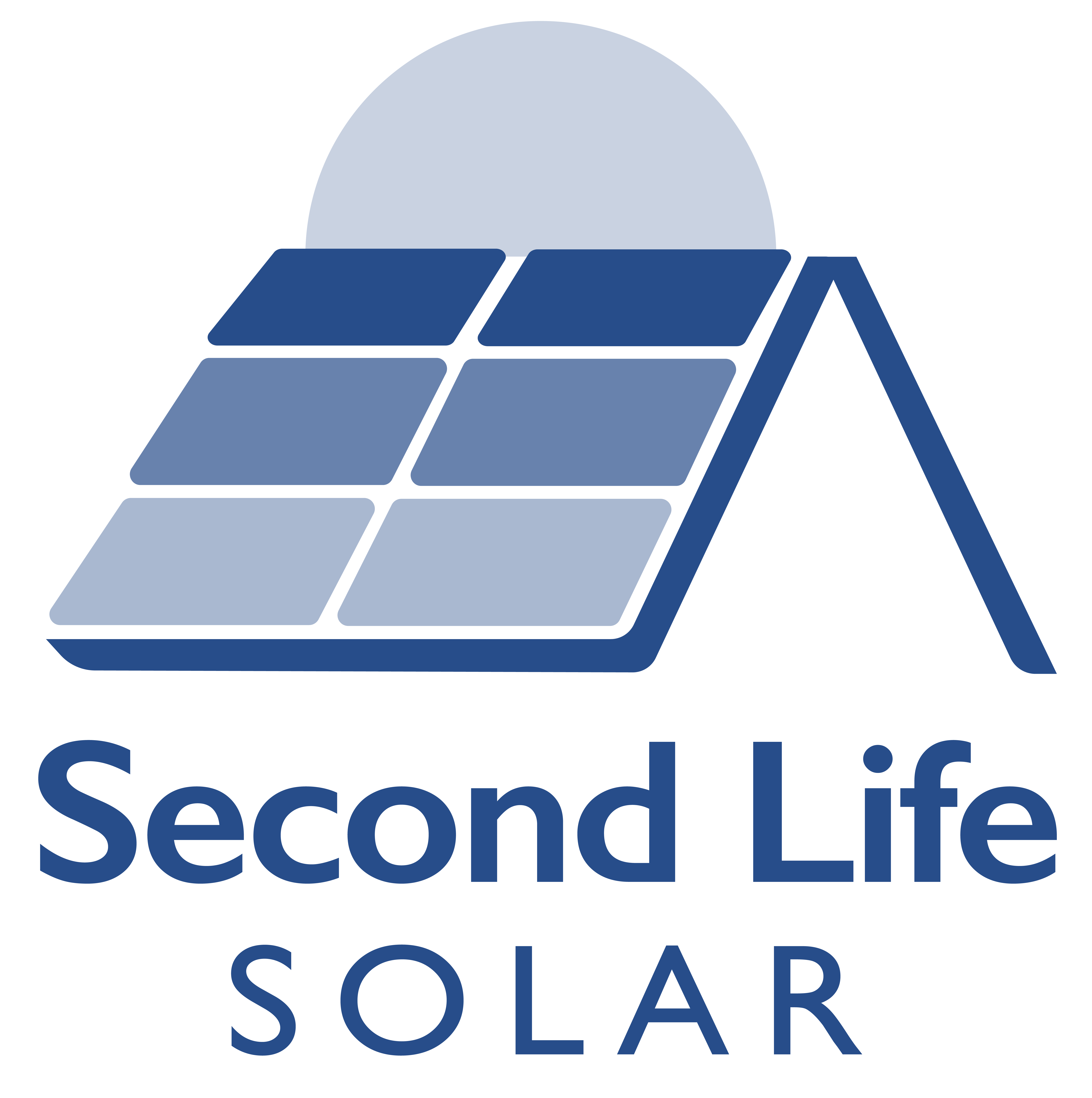How Many Solar Panels Do I Need?
Kallipso Mais
on
January 29, 2025
When businesses decide to transition to solar power, one of the first questions they often ask is, “How many solar panels will we need?” The answer depends on several factors, including your energy usage, the size of your roof, and your goals for energy independence.
Understanding how to determine how many solar panels are required for your business
ensures you make the right investment to power your operations effectively.
Let’s break it down step by step to help you calculate how many solar panels are needed to meet your energy needs.
What Factors Determine the Number of Solar Panels?
The number of solar panels your business requires depends on several key considerations:
Energy Consumption
The first step is understanding your current energy consumption. Look at your electricity bills to find the average kilowatt hours (kWh) your business uses each month. A business that uses a large amount of electricity will naturally need more panels to offset that demand.
Solar Panel Efficiency and Power Output
The efficiency and power output of an average solar panel also influence how many are needed. High-efficiency panels produce more energy per square metre, which is especially useful if your roof space is limited.
Roof Size and Orientation
The size of your roof and its orientation play a major role in panel placement. South-facing roofs are ideal for businesses in the UK, as they receive the most sunlight throughout the day, maximising energy production.
Energy Goals
Are you aiming to offset 100% of your energy needs or just a portion? If your goal is complete energy independence, you’ll need a larger solar panel system.
Use of a Solar Battery
Adding a solar battery to your system allows your business to store excess energy for use during non-peak sunlight hours, reducing the need for additional panels.
How to Calculate How Many Solar Panels You Need
Determine Your Energy Needs
Start by reviewing your annual energy usage, listed on your electricity bills as kWh. For instance, if your business uses 50,000 kWh annually, you’ll need a system that can generate this amount of energy.
Factor in Solar Panel Output
The output of an average solar panel depends on its wattage. For instance, if a panel produces 400 watts and gets five hours of sunlight per day, it generates approximately 2 kWh of electricity daily (400 watts x 5 hours ÷ 1000 = 2 kWh).
Account for Roof Space
The roof space available will impact how many panels you can install. A larger roof allows for more panels, while a smaller roof may require high-efficiency panels to meet energy needs.
Adjust for Location and Conditions
The amount of energy a solar panel generates depends on the sunlight in your location. Businesses in sunnier areas will need fewer panels, while those in regions with less sunlight may need more to achieve the same energy production.
Sizing a Solar PV System for Your Business
When installing solar panels, it’s essential to choose a properly sized solar system for your operations. A commercial solar array can range from just a few panels to hundreds, depending on the scale of your energy needs.
For instance, a small business with moderate energy usage may only need 20–40 panels, while a large manufacturing facility could require hundreds to offset its consumption.
Benefits of Solar Panels for Businesses
Investing in solar is not just about energy independence—it’s also about reducing costs and increasing sustainability:
- Lower Electricity Bills: With a properly sized system, you can drastically cut or even eliminate your electricity bills.
- Environmental Benefits: By switching to solar, your business can reduce its carbon footprint and contribute to a cleaner planet.
- Energy Independence: Generating your own energy reduces reliance on volatile energy markets.
- Long-Term Savings: While the initial investment may seem significant, solar power offers substantial savings over time.
Why Businesses Need to Plan for Roof Space
The size of your roof is critical when planning your solar array. If you have limited roof space, you may need to invest in high-efficiency panels to generate the energy you require. Conversely, businesses with large flat roofs or open land can install more panels to generate a surplus.
High-efficiency panels can produce more electricity with less space. For example, if your business has a small south-facing roof, choosing efficient panels ensures you maximise energy production without compromising space.
Partner With Second Life Solar
At Second Life Solar, we specialise in supplying high-quality second-hand solar panels for businesses worldwide. By choosing refurbished panels, you can enjoy significant savings on your solar panel system, reduce waste, and make your energy goals more affordable.
Our panels are carefully inspected to ensure optimal performance, helping businesses cut costs and achieve sustainability without compromising on quality. Get in touch today to enquire for our used solar panel stock list.



